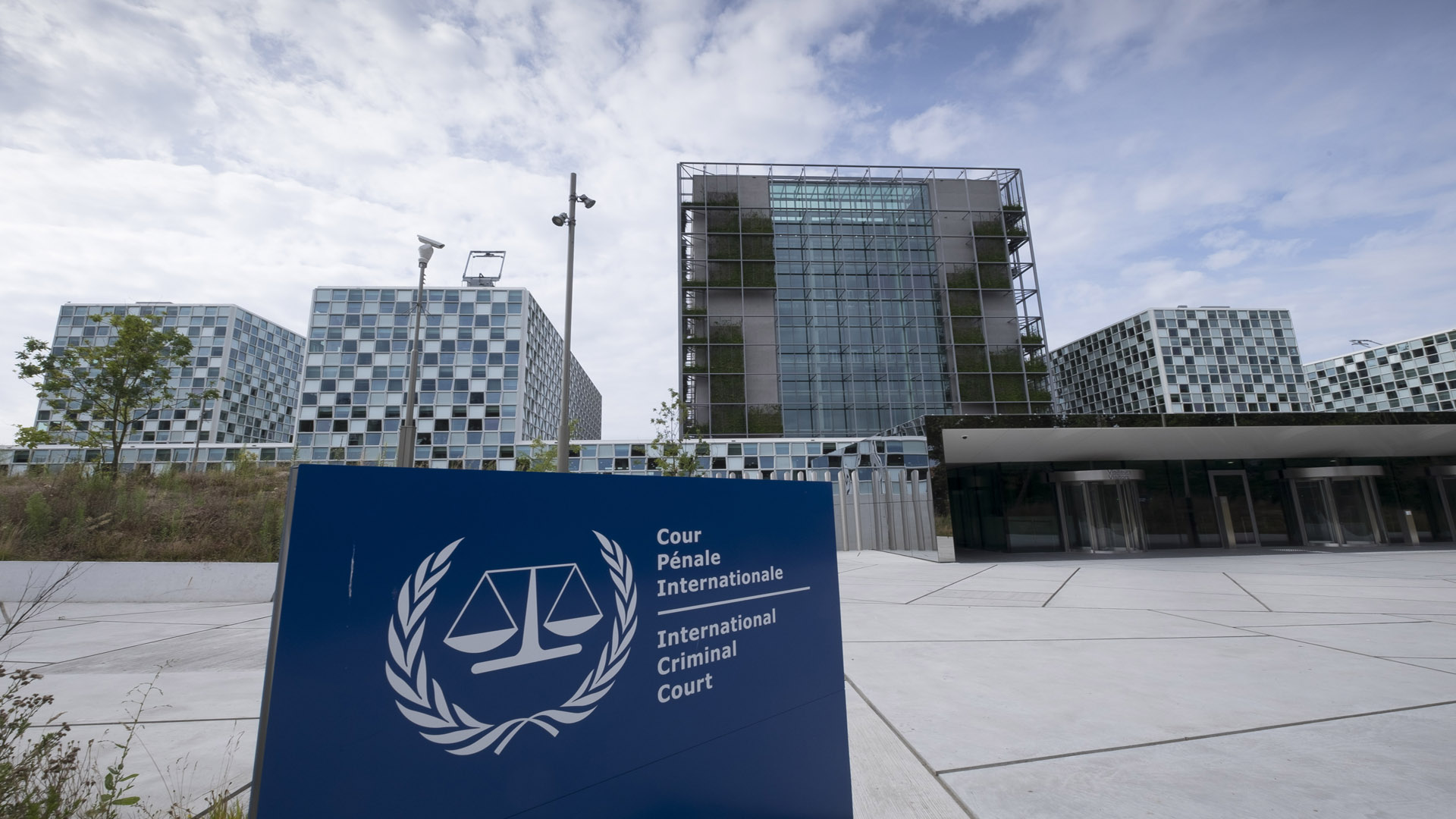UN must document crimes, human rights violations in Syria: Legal expert
QAMISHLI, Syria (North Press) – A Syrian legal expert said that the mechanism founded by UN to ensure justice for war crimes committed in Syria shows the importance of the efforts of organizations and human rights defenders in documenting the crimes, while the UN Security Council has powers beyond those of all courts.
Last week, Catherine Marchi-Uhel, Head of the International, Impartial, and Independent Mechanism to assist in the Investigation and Prosecution of Persons Responsible for the Most Serious Crimes Under International Law Committed in Syria, revealed that the mechanism provided information and proofs to 12 national jurisdictions.
Courts of local jurisdiction
Aktham Na’isa, a human rights activist and lawyer, said, “According to the terms of international law, national and local courts are locally specialized in issues that occur within the state to which those courts belong.”
“According to international norms and conventions, neither the local nor national court has the right to try on duty officials in other countries,” he added in an interview with North Press.
Those courts do not have the right to make decisions related to international conventions, “for example, the dispute over the issue of water between two states, the source state and a state through which this river passes, is the International Court of Justice’s issue,” he added.
Na’isa pointed out that those courts can try those officials under to certain conditions, firstly, if those people lost their position and legal character, and secondly, were in the state to which the local or national courts belong.
He mentioned that they also could interfere if one of their citizens was attacked. “French national courts have the right to interfere if a lawsuit is filed in France, assuming that a French person is attacked in Syria, which is our main issue,” he explained.
Increasing violations justifies interference
The lawyer said that frequent violations by undemocratic and dictatorial governments and states against their citizens urged some democratic states to adhere to unclear positions in their laws regarding these crimes.
In 2002, a law was adopted in Germany that tried to give national courts more powers than those granted to them under international law.
“That means that it is the moral obligation of the international community to find a mechanism to try these governments and officials for serious crimes, many of which are considered war crimes, crimes against humanity, or crimes of genocide,” Na’isa elaborated.
International conventions, human rights systems, and international legitimacy for human rights embody international humanitarian law that denounces violations and crimes committed against humanity and harms world peace and ethical concepts in the world.
Helpless organizations and activists
“Having conditions and norms in the international law that cannot be overridden, I think that during this period the best way is to document all crimes committed by the Syrian regime and other armed groups against Syrians,” Aktham Na’isa said regarding what human rights defenders and activists can do.
There are 900,000 leaked documents “accusing the Syrian regime of countless violations at different levels and practicing violence, torture, and killing, which are crimes against humanity,” according to Na’isa.
“Documentation, monitoring, and investigation mechanisms, and communications with judicial authorities which Marchi announced, can benefit from the documentation if they use it in cases as the issue of the officer Arsalan and other issues,” he added.
He mentioned that efforts dedicated to documentation and accountability “are political means to pressure the Syrian regime in order to reduce its repression against its people and urge it to give up its obstinate stance towards any negotiations to resolve the Syrian crisis.”
Courts in France and Germany and others do not exceed their powers of jurisdiction, and they have tried the Syrian officer known as Arsalan, who carried out torture, because he lost his position and legal character and was in France, Na’isa said regarding the assigned European courts.
Na’isa believes that regarding the documentations or some individual trials, in the end this issue comes within the framework of the partial trials of a political nature rather than achieving justice for Syrian citizens.
International Criminal Court
The Rome Statute of 1998 allowed for the formation of the International Criminal Court, with the aim of trying governments and their officials for gross human rights violations and attacks against their citizens.
“This law grants power to the court to override the concept of the national sovereignty of countries violating human rights and their officials, who have committed war crimes or mass genocide, or any violations classified under crimes against humanity,” he says.
However, the law stipulates that “the state, which committed abuses, signed the Rome Statute, and therefore the investigation can be conducted under a request from it or from within this state, or from some members of the states that have signed the law.”
“If the state did not sign the law, such as the Syrian regime, a Security Council resolution must be issued referring them to the Criminal Court and establishing a special court for international crimes,” he added.
Meanwhile, for trying officials for committed crimes through a transitional justice mechanism, the Syrian lawyer sees it as a “complicated system that must be.”
However, it is “a system that overrides the national sovereignty of states where severe abuses were committed against humanity, and is implemented through a different mechanism, including the International Criminal Court,” he added.
All documents and investigations are proof and evidence that can be submitted to the International Criminal Court, in the case it is formed in Syria, or to procedural systems for transitional justice. Therefore, the evidence becomes, to a large extent, formal, according to Na’isa.

